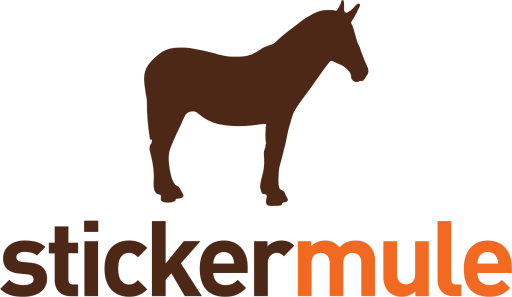Ernie requires Python 3.6 or higher.
pip install erniefrom ernie import SentenceClassifier, Models
import pandas as pd
tuples = [
("This is a positive example. I'm very happy today.", 1),
("This is a negative sentence. Everything was wrong today at work.", 0)
]
df = pd.DataFrame(tuples)
classifier = SentenceClassifier(
model_name=Models.BertBaseUncased,
max_length=64,
labels_no=2
)
classifier.load_dataset(df, validation_split=0.2)
classifier.fine_tune(
epochs=4,
learning_rate=2e-5,
training_batch_size=32,
validation_batch_size=64
)text = "Oh, that's great!"
# It returns a tuple with the prediction
probabilities = classifier.predict_one(text)texts = ["Oh, that's great!", "That's really bad"]
# It returns a generator of tuples with the predictions
probabilities = classifier.predict(texts)If the length in tokens of the texts is greater than the max_length with which the model has been fine-tuned, they will be truncated. To avoid losing information you can use a split strategy and aggregate the predictions in different ways.
SentencesWithoutUrls. The text will be splitted in sentences.GroupedSentencesWithoutUrls. The text will be splitted in groups of sentences with a length in tokens similar tomax_length.
Mean: the prediction of the text will be the mean of the predictions of the splits.MeanTopFiveBinaryClassification: the mean is computed over the 5 higher predictions only.MeanTopTenBinaryClassification: the mean is computed over the 10 higher predictions only.MeanTopFifteenBinaryClassification: the mean is computed over the 15 higher predictions only.MeanTopTwentyBinaryClassification: the mean is computed over the 20 higher predictions only.
from ernie import SplitStrategies, AggregationStrategies
texts = ["Oh, that's great!", "That's really bad"]
probabilities = classifier.predict(
texts,
split_strategy=SplitStrategies.GroupedSentencesWithoutUrls,
aggregation_strategy=AggregationStrategies.Mean
) You can define your custom strategies through AggregationStrategy and SplitStrategy classes.
from ernie import SplitStrategy, AggregationStrategy
my_split_strategy = SplitStrategy(
split_patterns: list,
remove_patterns: list,
remove_too_short_groups: bool,
group_splits: bool
)
my_aggregation_strategy = AggregationStrategy(
method: function,
max_items: int,
top_items: bool,
sorting_class_index: int
)classifier.dump('./model')classifier = SentenceClassifier(model_path='./model')Since the execution may break during training (especially if you are using Google Colab), you can opt to secure every new trained epoch, so the training can be resumed without losing all the progress.
classifier = SentenceClassifier(
model_name=Models.BertBaseUncased,
max_length=64
)
classifier.load_dataset(df, validation_split=0.2)
for epoch in range(1, 5):
if epoch == 3:
raise Exception("Forced crash")
classifier.fine_tune(epochs=1)
classifier.dump(f'./my-model/{epoch}')last_training_epoch = 2
classifier = SentenceClassifier(model_path=f'./my-model/{last_training_epoch}')
classifier.load_dataset(df, validation_split=0.2)
for epoch in range(last_training_epoch + 1, 5):
classifier.fine_tune(epochs=1)
classifier.dump(f'./my-model/{epoch}')Even if you do not explicitly dump the model, it will be autosaved into ./ernie-autosave every time fine_tune is successfully executed.
ernie-autosave/
└── model_family/
└── timestamp/
├── config.json
├── special_tokens_map.json
├── tf_model.h5
├── tokenizer_config.json
└── vocab.txt
You can easily clean the autosaved models by invoking clean_autosave after finishing a session or when starting a new one.
from ernie import clean_autosave
clean_autosave()You can access some of the official base model names through the Models class. However, you can directly type the HuggingFace's model name such as bert-base-uncased or bert-base-chinese when instantiating a SentenceClassifier.
See all the available models at huggingface.co/models.
You can directly access both the model and tokenizer objects once the classifier has been instantiated:
classifier.model
classifier.tokenizerYou can pass Keras arguments of the model.fit method to the classifier.fine_tune method. For example:
classifier.fine_tune(class_weight={0: 0.2, 1: 0.8})





